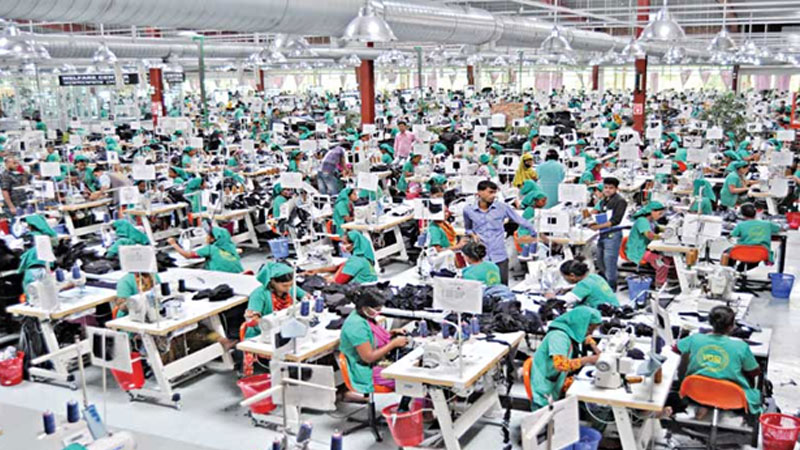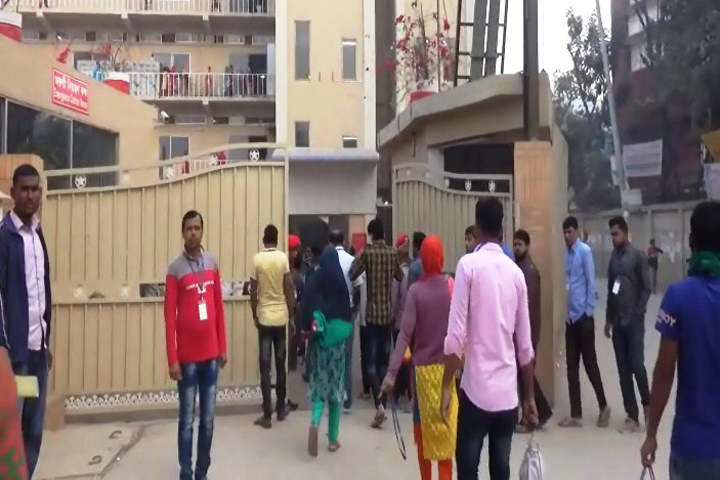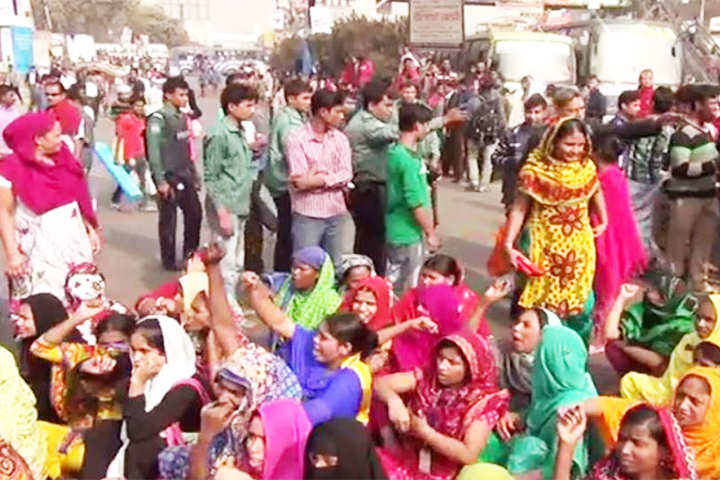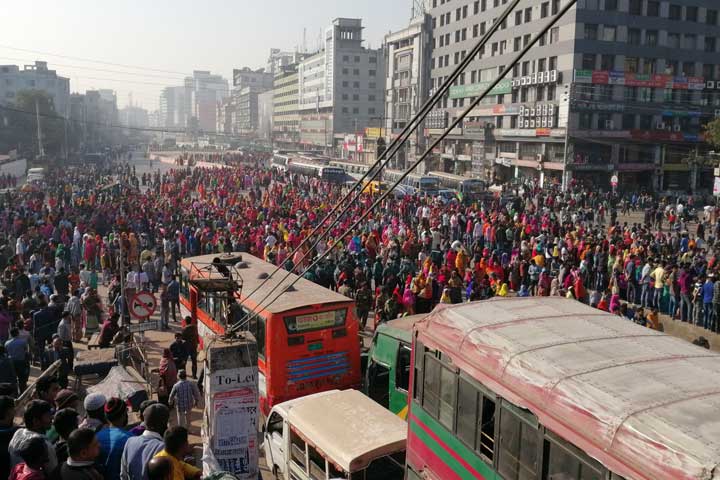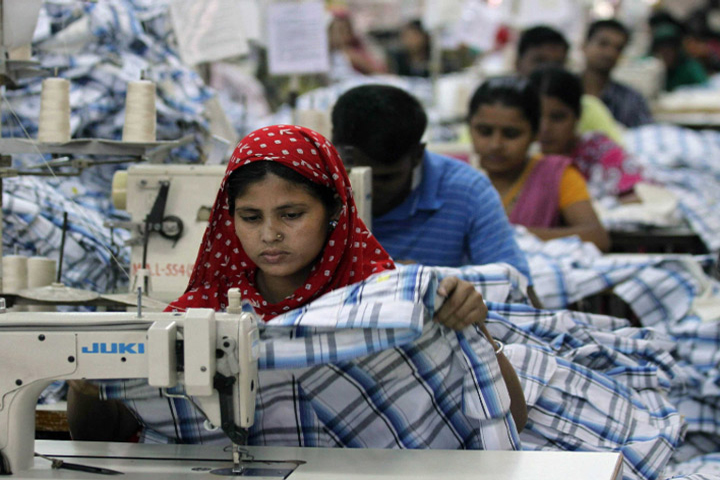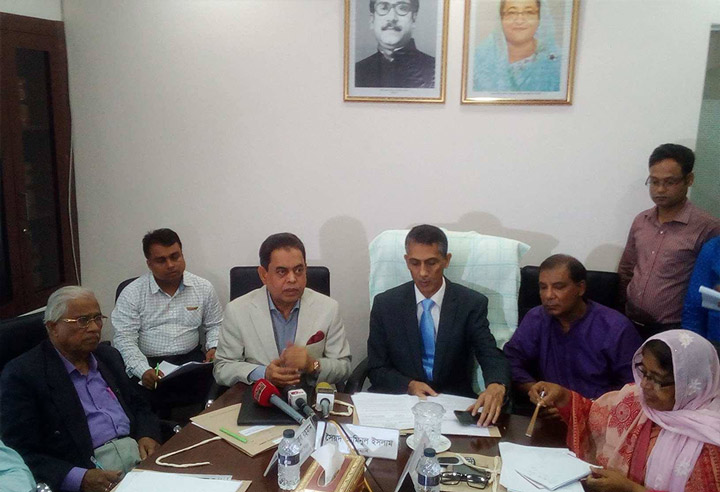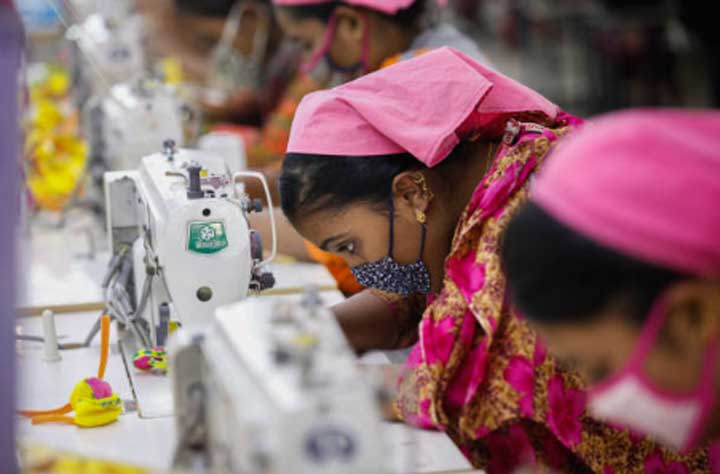German auto manufacturer Volkswagen (VW) edged past its US rival Tesla in electric car sales in the first seven months of the year, according to newly released figures.
The electric auto market has bolstered car sales as a whole, but sales remain well below those for gas and diesel models.
How do the figures look?
Wolfsburg-based VW only just nudged ahead of Tesla, with 41,475 first registrations of fully electric cars in the first seven months of the year compared to 40,289 passenger cars for the US manufacturer.
Tesla had been ahead of VW for the first six months of the year, and was the German market leader for 2022 as a whole, according to the figures from Germany's Federal Motor Transport Authority (KBA).
German firms also took third, fourth, and fifth place. Mercedes clinched third with 20,613 registrations, followed by Audi on 16,786.
Not far behind them were BMW with 15,987 and South Korean producer Hyundai with 15,411.
In total, there were 268,926 first registrations for electric vehicles between the start of January and the end of July.
However, the figures still lag way behind those for internal combustion engine models, which clocked up 1.64 million new registrations.
Long road to recovery
While overall car sales have rebounded since the start of the year, they are still substantially lower than the level recorded in 2019 before the COVID-19 pandemic.
German carmakers such as Volkswagen and BMW produced 300,300 vehicles in July, 20% more than in the same period last year, according to Germany's VDA industry association.
Supply chain issues — notably when it comes to semiconductors — have dogged the sector that had slowed deliveries to customers.
Registrations of electric vehicles boosted the auto market, which rose almost 70% in July year on year, making up 20% of all registrations.
Analysts have warned that the end of electric car subsidies for company fleets will likely dampen the market from September.
A weakening of Germany's economy, with stagnating growth, high inflation, and rising interest rates, is also expected to weigh on the market.
While you're here: Every Tuesday, DW editors round up what is happening in German politics and society. You can sign up here for the weekly email newsletter Berlin Briefing.
- Dhaka Fri, 10 MAY 2024,

 Live Tv
Live Tv



